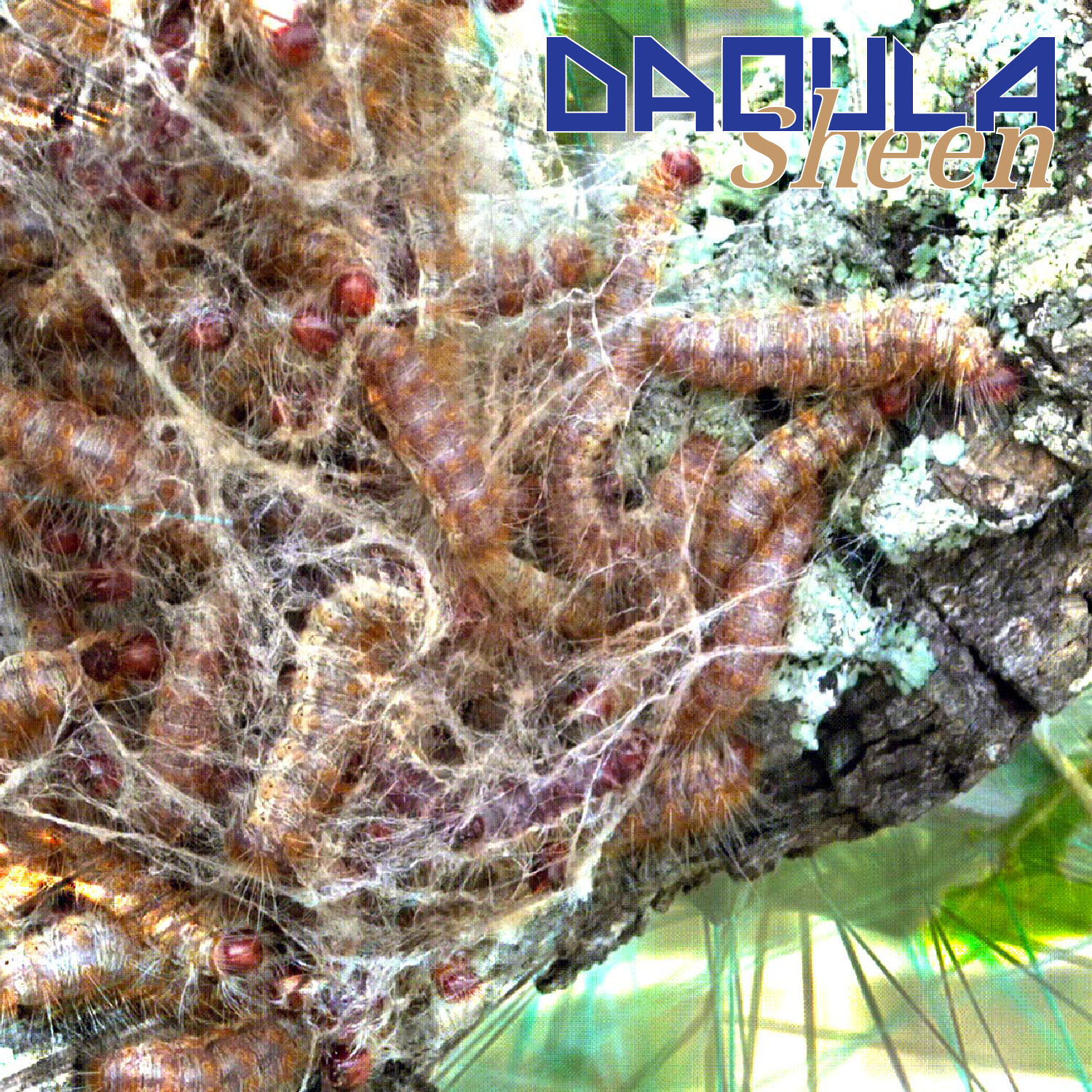November 17, 2022–April 29, 2023
Tieranatomisches Theater
Campus Nord, Haus 3, Philippstrasse 13
10115 Berlin
Germany
The exhibition DAOULA / sheen, which begins in November 2022 and will initially be shown in the Tieranatomisches Theater (Veterinary Anatomy Theater) in Berlin, focuses on the natural formation and the cultural history of wild silk obtained from caterpillars in West Africa, and on the many and complex ways in which this unique material is viewed by microbiologists, materials scientists, and architects in Germany. Co-created by a large and diverse multidisciplinary team, this unusual project sets out to stimulate dialogue between West African craft, European science, and design.
In Burkina Faso “daoula” is a term meaning “sheen” or “charisma.” For the Marka-Dafing community, daoula is one of the natural characteristics of certain animals, humans, and things. However, each community has its own unique access to the meaning of and the knowledge about daoula: silk producers from Burkina Faso, microbiologists, materials scientists, and architects from Germany each have their own terms and their own specific sets of tools. In laboratories in Berlin, the caterpillar’s mouth, the spinner’s spindle, and the weaver’s loom are replaced by microscopes and pipettes. In Berlin art school workshops the work with threads is scaled up and transformed into a proposal for human habitats. Right from the outset, however, daoula is the result of a collective activity: in the West African savannah the wild silkworms of the genus ‘Anaphe/Epanaphe’ set out in search of a suitable tree to collectively build a nest in which each individual spins its own cocoon and begins its metamorphosis. These cocoons then become a precious material from which different communities in Burkina Faso, Mali, and Nigeria extract the wild silk that is woven into prestigious cloths. Now wild silk cocoons are traveling from Safané (Burkina Faso) to Berlin to be examined by materials scientists, molecular biologists, anthropologists, cultural scientists, architects, and designers, who want to understand what they see, what this material can do, and why it does what it does. Is it something intrinsic in the material itself? Or is it due to the spinning and weaving processes? And what is the nature of these processes? Is it due to chemical processes, the intervention of bacteria? And where is the sheen that the local communities in Burkina Faso value so much but which is so difficult for the human eye educated in European traditions to recognize? The knowledge and the exchange of knowledge between these different actors is the focus of an exhibition that will be shown first at the Tieranatomisches Theater in Berlin and then at the Musée de la Musique Georges Ouedraogo in Ouagadougou (Burkina Faso). West African wild silk is on its way—informing and inspiring a dialogue between West African craft, European science, and design.
Opening hours: Tuesday–Saturday, 2–6pm. Admission is free.
DAOULA / sheen is a project of the Cluster of Excellence “Matters of Activity. Image Space Material” at Humboldt-Universität zu Berlin, funded by the German Research Foundation.
Curated by MoA members Laurence Douny, Karin Krauthausen, and Felix Sattler. With a film installation of Thabo Thindi.
Partners: Agence nationale de la recherche (anr), “Materials and Cultures. The Wide World of Wild Silks – WILDSILKS”, France, Centre National de la Recherche Scientifique et Technologique (CNRST), Burkina Faso, Endangered Material Knowledge Programme, The British Museum, United Kingdom, Goethe Institut Burkina Faso, Humboldt-Universität zu Berlin, Faculty of Biology, Department of Microbiology, Max Planck Institute of Colloids and Interfaces, Department of Biomaterials, MoA-Research Group “Adaptive Fibrous Materials”, Musée de la Musique Georges OUEDRAOGO (M.M.G.O.), Ouagadougou, Burkina Faso, Tieranatomisches Theater of the Humboldt-Universität zu Berlin (TA T), weißensee school of art and design berlin, Department of Textile- and Surface Design, Women’s association of Safané BIE TCHIANI SOUNA. FASO KUNKOROTA.


